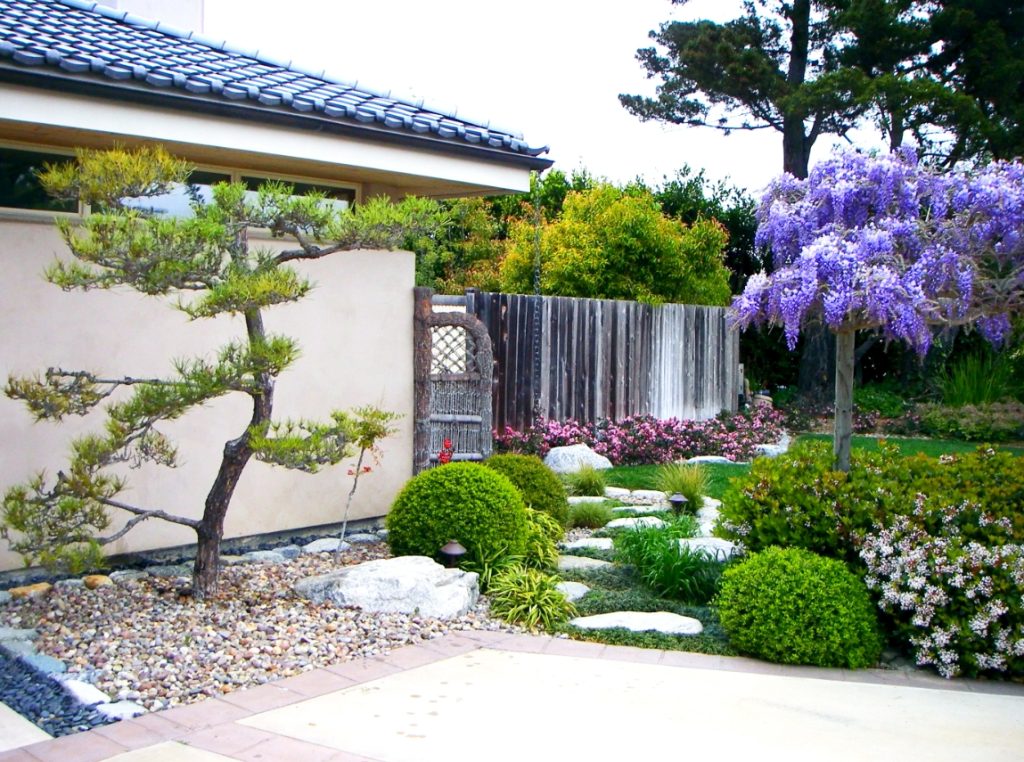In the bustling metropolis of Dubai, where skyscrapers pierce the sky and the city’s vibrant energy pulses through its streets, there exists an oasis of tranquility amidst the urban hustle and bustle: Zen gardens. These serene and contemplative spaces offer residents and visitors alike a respite from the frenetic pace of city life, inviting them to pause, reflect, and reconnect with nature in the heart of the desert. For more information check out landscape company in dubai
Rooted in the principles of Zen Buddhism and inspired by the timeless beauty of nature, Zen gardens trace their origins to ancient Japan, where they were created as places of meditation and spiritual reflection. Characterized by simplicity, balance, and harmony, Zen gardens embody the essence of nature in its purest form, using minimalistic design elements to evoke a sense of peace, serenity, and inner calm.
In Dubai, Zen gardens serve as sanctuaries of tranquility amidst the urban landscape, providing residents and visitors with spaces to escape the noise and chaos of the city and reconnect with the rhythms of nature. Whether nestled within public parks, private residences, or commercial developments, these contemplative spaces offer a haven for relaxation, introspection, and rejuvenation in the midst of the desert.
The design principles of Zen gardens are based on a deep appreciation for the beauty and power of nature, with every element carefully chosen to evoke a sense of harmony and balance. Gravel or sand raked into intricate patterns represents flowing water or ripples in a pond, while carefully placed rocks and boulders symbolize mountains, islands, or natural formations. Moss-covered stones, bonsai trees, and low-growing plants add texture, color, and visual interest to the landscape, creating a sense of depth and tranquility.
Water features play a central role in Zen gardens, serving as focal points that evoke a sense of serenity and stillness. Whether in the form of a tranquil pond, a meandering stream, or a cascading waterfall, water features add a soothing element to the landscape, creating a sense of movement and life amidst the stillness of the garden. The sound of running water provides a calming soundtrack for meditation and contemplation, helping to quiet the mind and foster a sense of inner peace.
In addition to their aesthetic appeal, Zen gardens are designed to engage the senses and create immersive sensory experiences for visitors. Fragrant flowers, aromatic herbs, and flowering shrubs fill the air with delightful scents, while the rustling of leaves, the chirping of birds, and the gentle rustle of bamboo leaves create a symphony of natural sounds that soothe the soul and awaken the senses.
The incorporation of natural materials and sustainable practices is a key aspect of Zen garden design in Dubai, reflecting the city’s commitment to environmental stewardship and responsible development. Recycled materials, such as reclaimed wood and salvaged stone, are often used in construction and hardscaping projects, while native and drought-tolerant plants require minimal water and maintenance, reducing environmental impact and promoting sustainability.
In conclusion, Zen gardens represent a harmonious fusion of nature, art, and spirituality, creating tranquil and contemplative spaces in the heart of Dubai’s urban landscape. By embracing the principles of simplicity, balance, and harmony, these serene oases offer residents and visitors alike an opportunity to escape the stresses of city life and reconnect with the beauty and serenity of the natural world. As Dubai continues to evolve and grow, the timeless allure of Zen gardens will remain a cherished expression of the city’s commitment to creating vibrant, sustainable, and livable urban environments for generations to come.

